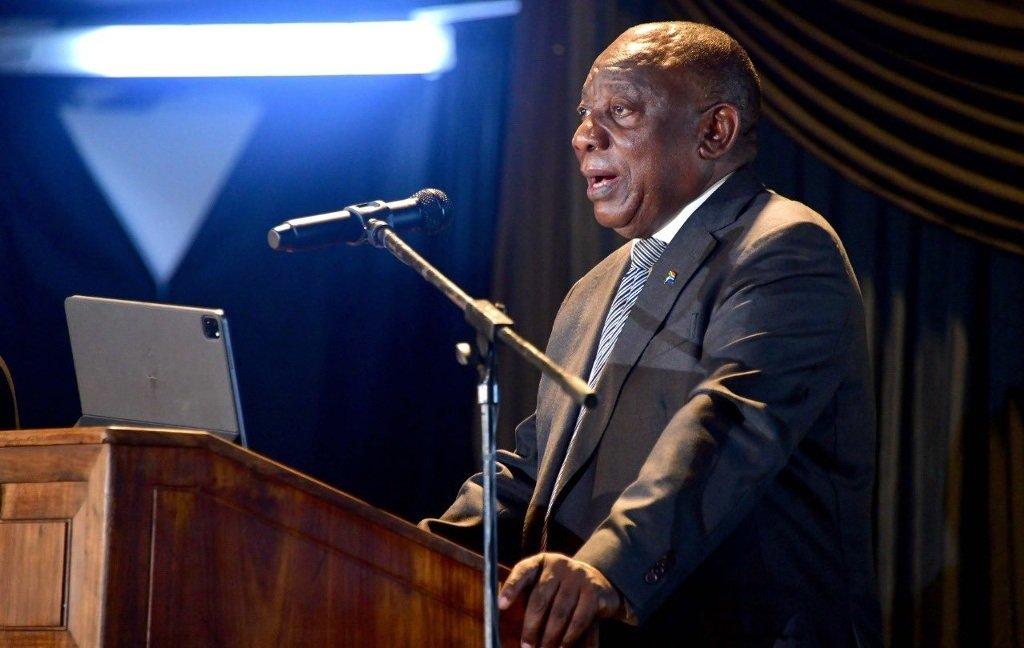Africa-Press – South-Africa. Pothole-riddled roads and the poor quality of water and electricity services weren’t just disappointing for residents of municipalities, but also chased away businesses, further weakening already struggling local economies, President Cyril Ramaphosa told municipal officials on Wednesday.
Ramaphosa addressed mayors and municipal officials at the Local Government Summit in Boksburg on Gauteng’s East Rand.
In an ironic moment, while Ramaphosa was chastising municipal officials on poorly run municipalities, load shedding disrupted his speech.
The president immediately apologised, saying he was “sorry as this (load shedding) continued to be our biggest challenge”.
Empty chairs, spoilt food and unfulfilled orders: Small businesses count the cost of load shedding
Ramaphosa’s speech focused on why it was good for citizens, and economic investment broadly, for municipalities to be well run.
Data released yearly by the Auditor-General showed that most of the country’s municipalities failed to provide essential services.
The reason behind these failures was a combination of factors, which included lack of financial control, political contestations, and corruption.
Ramaphosa said the summit had to lead to outcomes on how municipalities could improve because the problems were well known.
“I look forward to your wisdom,” Ramaphosa told local government officials.
The president said the country was struggling with poverty, and attracting investment was the perfect avenue to ensure jobs were created.
If municipalities do not get the basics right, including the provision of water, electricity, and properly tarred roads, no business would be willing to invest.
“If we are to take advantage of economic investments, local government has to be well run. When these investors make their decisions about where to place their money, they think of whether there is an enabling environment.
“They first look at South Africa and then look at other considerations, which include whether the local municipality is an investable environment, whether to build a factory or a facility. They look at whether they can get approval and permits on time rather than wait forever. They look at the quality of the provision of water, sewerage, and refuse removal,” Ramaphosa said.
“They come to the town and look at the local area and whether they will find ‘joy’. They look at the roads’ quality, which they will use to transport their goods to the market. If they are unhappy [about] their needs [not being] met, they will choose to go elsewhere. If they are not welcomed, they make a quick judgement and move on.”
The president told mayors and municipal officials that corruption and the misuse of resources for financial enrichment were problems that had to be resolved.
He also lamented the use of consultants, saying officials should be the ones to draw up strategic plans and not consultants.
Service delivery had to be people-centred, Ramaphosa said.
He added:
Ramaphosa said the issue of funding for municipalities had to be changed to help cushion their financial stability.
Cooperative Governance and Traditional Affairs Minister Nkosazana Dlamini-Zuma made the same proposal.
For More News And Analysis About South-Africa Follow Africa-Press






